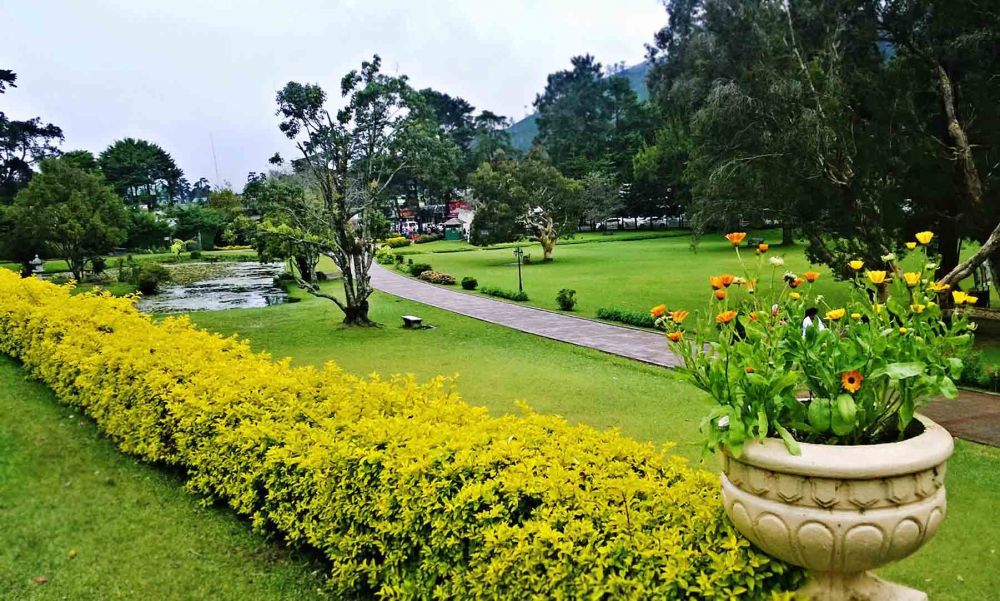

Nestled in the heart of Nuwara Eliya, the picturesque town in the Central Highlands of Sri Lanka, Victoria Park has been a focal point of tourism for well over a century. The park's inception dates back to the colonial era, serving as a testament to the British influence on the island's landscape and recreational facilities.
Named to commemorate Queen Victoria's Diamond Jubilee, the park was officially opened to the public in 1897. Originally meant to be a research field for the Hakgala Botanical Garden, the area was soon transformed into a public park. The inception of this park marked a shift in recreational activities available to the colonists and the emerging local elite. Over time, Victoria Park grew in popularity as a leisure destination and a botanical treasure.
The evolution of tourism at Victoria Park reflects a broader narrative of Sri Lanka's own journey in attracting international visitors. Post-independence, Sri Lanka - then Ceylon - began to develop its tourism sector. The cool climate, scenic landscapes, and colonial heritage of Nuwara Eliya made it a magnet for tourists seeking comfort and natural beauty. Victoria Park, with its carefully curated gardens and tranquil ambiance, naturally became an essential stop for travelers exploring the upcountry region.
Today, Victoria Park continues to be a jewel in the crown of Nuwara Eliya tourism. It has maintained its charm with well-manicured lawns, a kaleidoscope of flowers, and serene walkways. Its reputation for bird-watching has also grown, with it being a sanctuary for a variety of bird species, both migratory and endemic.
In recent years, there has been a trend towards more eco-friendly and sustainable tourism practices in Sri Lanka. Victoria Park aligns with this approach, providing a green space that promotes environmental education and appreciation. Family-friendly and accessible, the park has introduced features like children's playgrounds and themed gardens to appeal to a broader audience.
Tourists to Victoria Park can enjoy the ornamental ponds, mini train rides, and the floriculture displays. The park is particularly enchanting during the Nuwara Eliya Spring Festival, where vibrant flowers are in full bloom, and the park becomes the center stage for a variety of festivities.
Efforts to preserve the natural charm and historical significance of Victoria Park are ongoing. The park's management works tirelessly to maintain the balance between tourist influx and conservation needs, ensuring that Victoria Park remains a sustainable and enchanting destination for future generations.
As we look towards the future, Victoria Park's storied past and its adaptability to modern trends continue to make it a timeless destination for tourists from around the world.